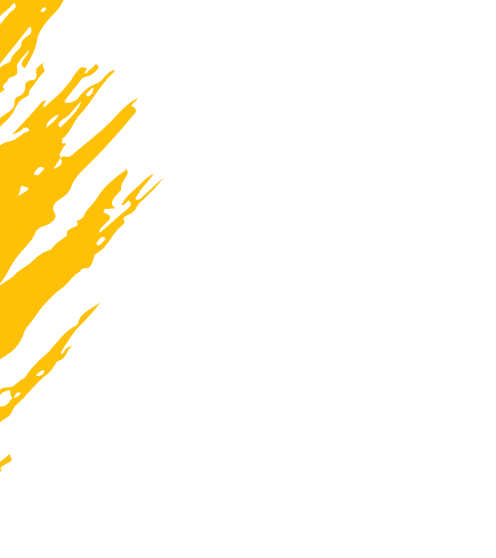+
Services we Provide



Social Action for Rural and Tribal Inhabitants of India (SARTHI) was established in August 1980 as a branch of the Social Work and Research Centre (SWRC), Tilonia, Rajasthan. SARTHI was later registered as an independent organization in July 1985. it was formally registered under the Gujarat Societies Act 1860 and the Bombay Public Charitable Trust Act 1950.
SARTHI is a grassroots NGO with 44 years of experience in rural development. It has developed strong rapport and a good reputation with the tribal communities it has worked with in the tri-junction area of Gujarat, Rajasthan, and Madhya Pradesh.

SARTHI has its Head Office at village Godhar-west, Taluka- Santrampur, District – Mahisagar, Gujarat -389230. The Mahisagar district where SARTHI is situated, is one of Gujarat’s most industrially backward districts with more than 90% workers still engaged in Agriculture and allied activities. Most of them are small and marginal farmers. About ninety percent of the district’s cultivated area is rainfed which leaves the area vulnerable to crop failures due to deficient and untimely rains. Rainfed agriculture yields only one crop annually. A consequence of this is that there is high seasonal migration. The local tribal also depended heavily for their subsistence needs on the forests. It consists of undulating terrain with mostly shallow forest soil. The onset of extensive deforestation about 75 years ago has resulted in severe soil erosion leaving degraded land with poor moisture retention capacity. The average annual rainfall is about 700 mm, however the rainfall pattern is highly erratic and the area is considered drought-prone. Poverty affect both men and women, women are in a worse position due to their marginalized status. They face a heavier workload, lack rights and influence in decision-making, have poorer health, limited access to education, and suffer from physical isolation.



Services we Provide


